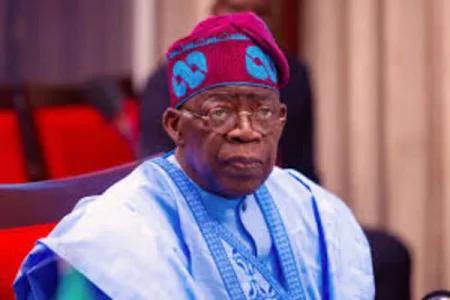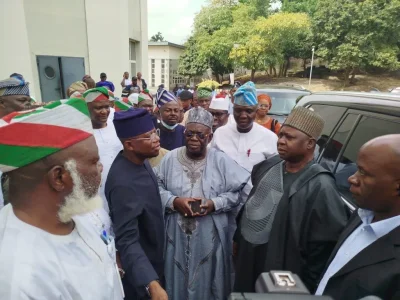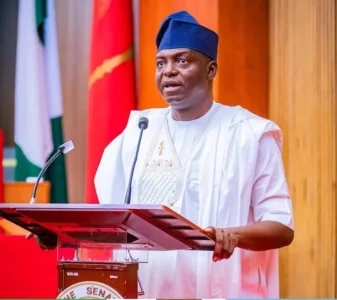
President Bola Ahmed Tinubu urges the United Nations to reform the Security Council, advocating for permanent seats for Nigeria and African nations. He also calls for debt relief for developing countries and emphasizes the need for multilateral cooperation to tackle global challenges such as terrorism and climate change.
In a strong address at the 79th Session of the United Nations General Assembly in New York, President Bola Ahmed Tinubu called for critical reforms to the UN Security Council. He asserted the need for Nigeria and other African nations to gain permanent representation within the Council. The president, represented by Vice President Kashim Shettima, highlighted the necessity of the UN adapting to the changing dynamics of the global order.
Tinubu noted that some existing permanent members of the Security Council have expressed initial support for these reforms. He urged for a faster process to expand the Council’s membership, emphasizing that Africa should have a rightful place in its permanent membership alongside other nations.
Beyond addressing Council reforms, Tinubu also pushed for significant changes in the global financial framework, particularly calling for debt relief for Nigeria and other developing countries. He pointed out that the weight of global debt hampers nations' abilities to fulfill the needs of their populations, urging the UN to make debt forgiveness a priority.
Additionally, the president expressed concerns regarding the rise of nationalism, which he believes threatens the spirit of multilateral cooperation. He stressed the need for countries to unite in tackling urgent global issues such as terrorism, climate change, and economic disparities. Reiterating Nigeria's commitment to the UN's foundational principles of equality and collaboration, Tinubu called for renewed global efforts to address these pressing challenges.
In advocating for these reforms, President Tinubu reflects Nigeria's broader ambitions for a more just and responsive international governance structure.




